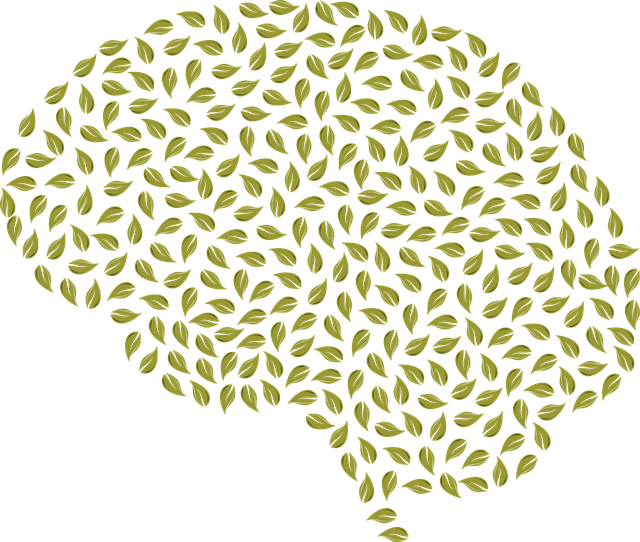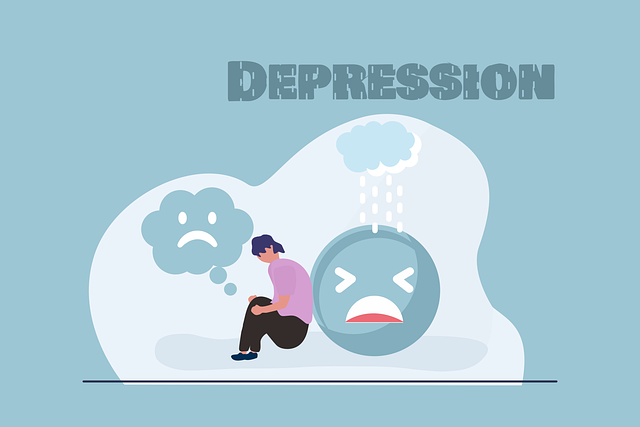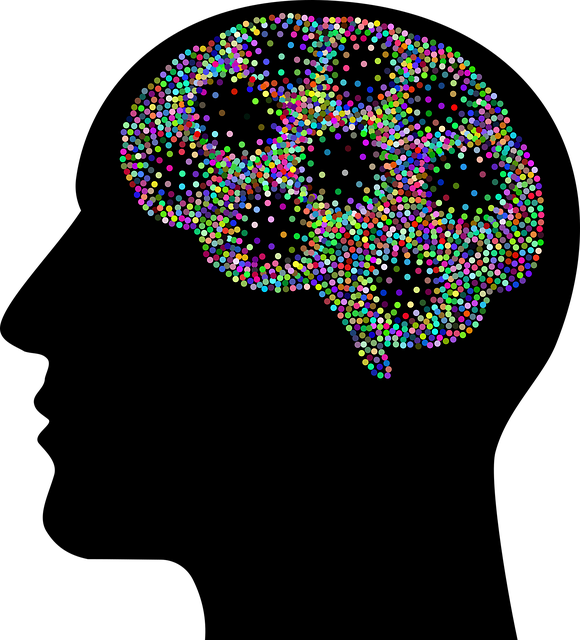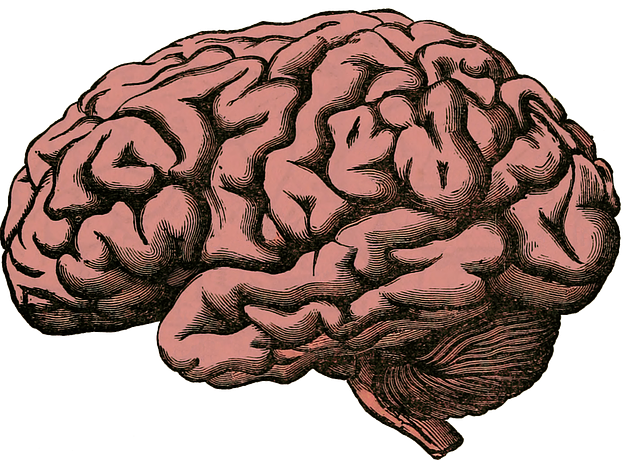Cultural competency in healthcare is vital, especially for treating children with eating disorders. Training professionals to understand and respect diverse cultural beliefs ensures sensitive and effective therapy. By recognizing cultural norms' impact on eating disorders, providers can enhance clinical practice, inform policy, and develop targeted public awareness campaigns. This approach, focusing on therapy for children eating disorders, involves interactive learning about microaggressions, implicit biases, and systemic barriers to improve patient satisfaction and outcomes. Implementing comprehensive training within healthcare organizations encourages open dialogue, regular evaluation, and tailored care through practices like mindfulness meditation.
Cultural competency training is an essential tool in improving healthcare delivery, especially for marginalized communities. This article explores the critical need for cultural competency among healthcare providers, focusing on its application in treating children with eating disorders. We delve into the significance of understanding diverse cultural perspectives, designing effective training programs, and implementing strategies that ensure long-lasting positive impacts on patient care, particularly in the context of therapy for children with eating disorders.
- Understanding Cultural Competency in Healthcare: Why It Matters for Children with Eating Disorders
- Designing Effective Training Programs: Key Components for Healthcare Providers
- Implementation and Evaluation Strategies: Ensuring Long-lasting Positive Impact on Patient Care
Understanding Cultural Competency in Healthcare: Why It Matters for Children with Eating Disorders

Cultural competency is a vital aspect of healthcare that involves understanding and respecting diverse cultural beliefs and practices. When it comes to treating children with eating disorders, this becomes especially crucial. Eating disorders, such as anorexia nervosa or bulimia, are complex conditions deeply rooted in emotional regulation and often have cultural underpinnings. For instance, certain cultural norms and expectations surrounding body image and food can significantly impact a child’s development of these disorders.
Training healthcare providers to be culturally competent ensures that children from various ethnic, racial, and socioeconomic backgrounds receive sensitive and effective therapy for eating disorders. This involves learning about different cultural perspectives on health, illness, and healing, as well as the impact of systemic barriers like discrimination and access to care. By integrating these insights into clinical practice, mental health policy analysis and advocacy can be enhanced, and public awareness campaigns development can better address the unique needs of children with eating disorders from diverse communities.
Designing Effective Training Programs: Key Components for Healthcare Providers

Designing effective training programs for healthcare providers is a multifaceted process that requires careful consideration to ensure optimal impact on patient outcomes, especially when addressing sensitive topics such as therapy for children with eating disorders. Key components include incorporating emotional well-being promotion techniques that foster an environment of safety and trust. By teaching providers how to recognize and address cultural biases, they can better understand the unique needs of diverse patient populations, leading to more effective care.
Incorporating interactive workshops, case studies, and role-playing scenarios is vital for engaging participants and fostering practical skills. Training should go beyond surface-level awareness by delving into microaggressions, implicit biases, and systemic barriers that impact healthcare delivery. Additionally, emphasizing the importance of positive thinking as a tool for resilience can empower providers to navigate complex situations with empathy and grace. These strategies collectively contribute to robust healthcare provider cultural competency training, ultimately enhancing patient satisfaction and outcomes, particularly in specialized areas like eating disorder therapy.
Implementation and Evaluation Strategies: Ensuring Long-lasting Positive Impact on Patient Care

Implementing cultural competency training within healthcare organizations requires a well-thought-out strategy to ensure its long-lasting impact on patient care. One effective approach is to involve all staff members, including medical professionals, administrative personnel, and support staff, in the training process. This comprehensive approach fosters a shared understanding of diverse cultural perspectives and promotes an inclusive environment. By encouraging open dialogue and active participation, healthcare providers can enhance their communication skills, making them more attuned to patients’ needs and concerns.
Evaluation is another critical component of successful implementation. Regular feedback mechanisms should be established to gauge the effectiveness of the training. This can involve post-training assessments, focus groups, or surveys to measure knowledge retention and changes in attitudes and behaviors. Additionally, tracking patient outcomes related to mental health services, such as those provided for children with eating disorders, can offer valuable insights into the training’s real-world impact. Incorporating practices like mindfulness meditation and mood management techniques into the curriculum further empowers healthcare providers to build confidence and deliver compassionate care tailored to each patient’s unique cultural background.
Cultural competency training is a vital tool in enhancing therapy for children with eating disorders. By equipping healthcare providers with the knowledge and skills to understand and navigate diverse cultural contexts, we can improve patient care and outcomes. Implementing well-designed training programs, as outlined in this article, ensures that providers are prepared to offer sensitive, effective support tailored to each child’s unique background. Continuous evaluation and adaptation of these programs are essential to maintain a positive impact on patient experiences and ensure every child receives the best possible treatment.














